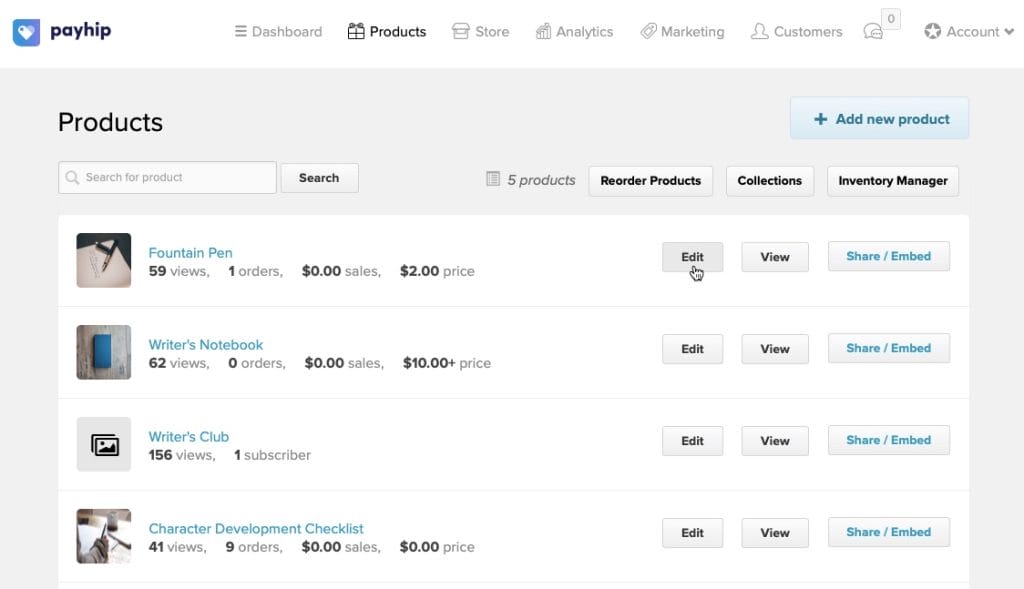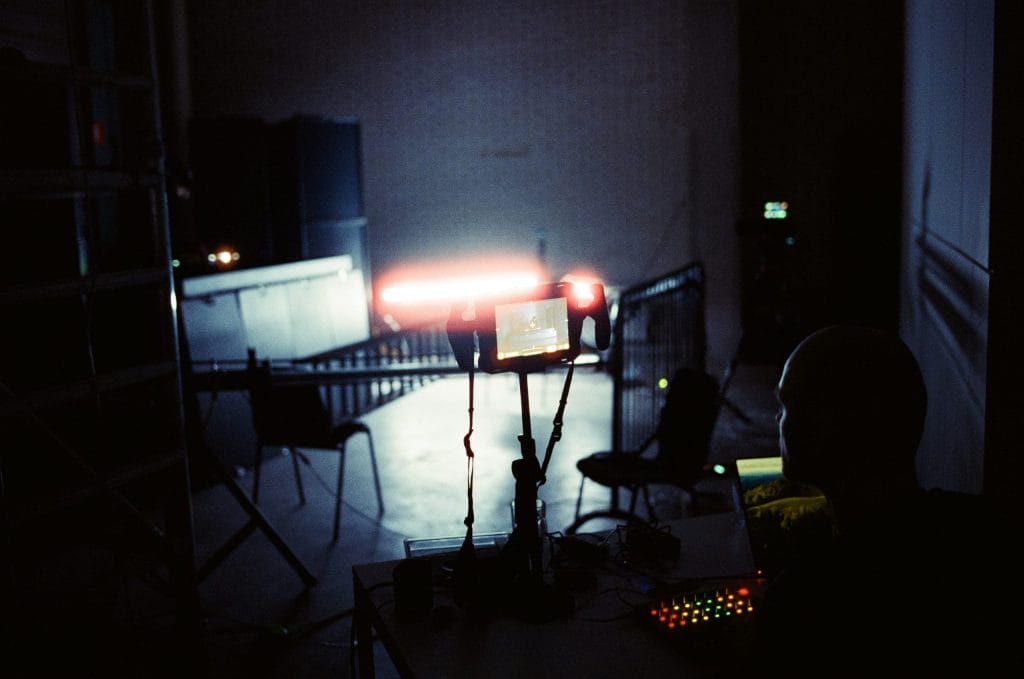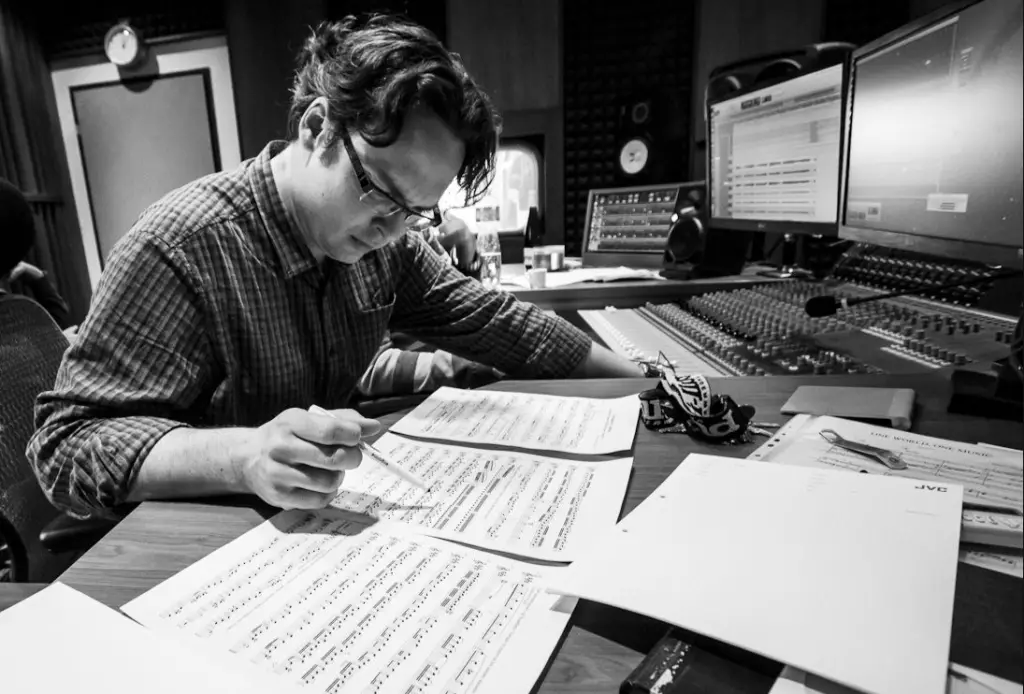Images C/O Warhorse Studios
With Kingdom Come: Deliverance 2 is officially here and excitement is building for what promises to be one of the most immersive RPGs of the year. A cornerstone of that immersion is the game’s massive soundtrack, composed by Jan Valta. Spanning over 400 original tracks and more than 10 hours of music, it’s an ambitious work that bridges the medieval world with a modern orchestral approach. In this exclusive interview, Valta breaks down how he created a score that feels authentic yet resonates with contemporary players.
Valta returns after composing the music for the first Kingdom Come game, but this time the scale is even bigger. From refining composition rules to recording with orchestras and choirs, his process reflects an obsession with getting the details right. He shares how certain themes from the original game reappear with new life, creating a sense of continuity that longtime fans will appreciate, while also delivering fresh moments for new players. And yes, there’s even a nod to the legendary John Williams as a source of inspiration.
With the game’s release tied to a year-long roadmap full of updates and expansions, the soundtrack plays a huge role in defining the experience. Keep reading to find out how one of the most complex video game scores ever came together and why it’s set to make Kingdom Come: Deliverance 2 unforgettable.
Kingdom Come: Deliverance 2 is set in the medieval period. How do you approach composing music that feels authentic to that time but still hits with modern audiences?
Soundtracks for KCD are primarily made of film-like orchestral music. I believe it fits perfectly: although we are creating a story from the 15th century, we create it for a player in the 21st century. And if we think of music being a kind of a language (which I believe it is), we should talk to the player in the language he understands. That will surely be a modern orchestral music rather than a set of gregorian chants, despite the fact the latter would be historically acurate. Also, such period music would fit only into very limited part of places and situations in our game: it would work perfectly for, say, a cemetery around a church in Kuttenberg; but imagine we would try to use the same music for features such as combat, or for all cutscenes – even the scary or thrilling or funny ones!
On the other hand, we always wanted our music to sound ancient in some way. Already during my work on KCD1, I created set of rules which keep the music in this mood (i.e. no ruling duality of minor / major; for that reason no or very little thirds in melodies; non-periodical flow of music etc.) and we kept them in mind in all tracks in the game. For KCD2, I took these rules and refined them a bit.
Along with that ancient feeling, this way we also achieved that the soundtrack – despite it’s extreme size and extreme variety – remains homogenous.
Were there any historical figures, events, or pieces of medieval music that directly inspired specific tracks in the game?
There is one such specific track in one specific part of Kuttenberg: I found some existing early music from an anonymous 14th/15th century composer, and since it matched all aspects I needed for that particular place in the game world, I took some elements of it, I put them together with my own elements – and the result is what you’ll hear in the game. But since we haven’t said what parts of Kuttenberg we have, I’d rather not disclose too much.
Other than that, music for both KCD games was heavily influenced by one figure of truly historical proportions: composer John Williams. Daniel Vávra loves him and so do I. From the very beginning we both wanted our music to work a bit similar way John Williams’ fantastic creations do. There’s only one Williams of course!, but I adore his music so much that heavy influence on me is there, no matter what.
Kingdom Come is known for its realism. How does the music enhance the feeling of being “in the moment” in such a grounded world?
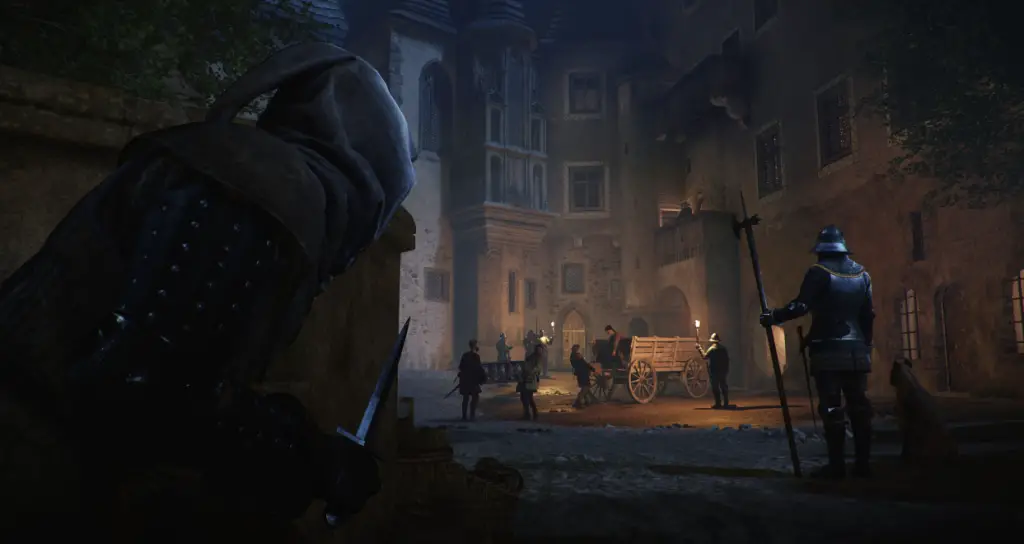
Short answer: wander the game world for couple hours (with music on) and you’ll see. A bit longer answer: our music reacts a lot on where you are, what you do, what weather condition / time of the day you’re in etc. And when creating music for a specific location, I really took a lot of time to find very specific musical elements which would help build & maintain the atmosphere of that location. I hope players will feel it. And again: music for open world takes about 7 hours of the soundtrack’s total time. That puts a lot of variety on the table. In an open-world RPG where you can do literally anything you want, variety of music is a good thing.
How does the music evolve with the player’s journey? Are there recurring motifs that change or grow as the story unfolds?
Exactly! There are recurrring themes and motifs in KCD2. Some of them were even used in KCD1 (main theme, theme of Henry’s parents, themes for Hans Capon, Godwin…) and if you played KCD1, it’ll come back to you. It was the same for me as composer: when I worked with these themes again, I felt like meeting old friends after years!
Here it’s important to say what I mean if I say “a theme”: primarily it’s just the melody. Sometimes it’s melody with some specific attributes (chords progression, or such things like: Godwin theme is sung by male choir and/or played by harpsichord). But i.e. the main theme, theme of Henry’s parents etc. – to me, all these were just melodies which I took, re-shaped, gave them a completely new feel and purpose – and only then I let them go into the KCD2 world, to live another life there. Sometimes these themes resisted my efforts a bit – maybe just like old friends would do, seeing your new habits. But somehow I always persuaded them.
So, with only few exceptions which I made for drammaturgical reasons, every single music track you’ll hear during your adventure in KCD2 was newly designed, composed and produced. I hope players will enjoy it!
Maybe here’s the right time to say it: soundtrack for KCD2 consists of 400 tracks. It’s over 10 hours of music, all originally composed for KCD2.
What does your creative workflow look like when working on a project of this scale?
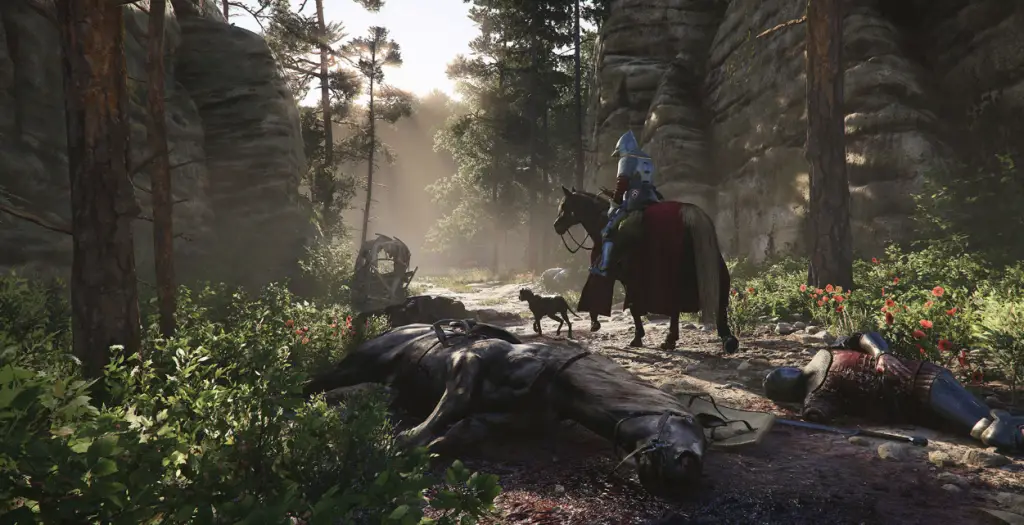
This is a wonderful question! But to answer it properly, I would need at least ten times more space than what the overall length of this interview can ever be. But at least some snippets:
It needed over 4 years of my work.
About 25% of that time goes for design: going through all the sources of information from other developers in the studio and also talking with them a lot, making spreadsheets and approximations, do a bit of historical research (not necessarily music-related), think and plan without actually writing a single note into the score… If I simplify it, these 25% go first.
Then there’s another 25% of my time which goes for production: preparing orchestrations, organizing the recording schedule and choosing musicians I wish to work with, conducting the orchestra and choir during the actual recording sessions, further recordings with soloists etc. … But also creating musical transitions (so each track can end smoothly when the game situation asks for it) and overall working with samples… …and then post-production!, editing, mixing and mastering with our wonderful music sound engineer Ondřej Urban. Btw. this post-prod part was very time consuming this time: music in KCD2 is more complex than in KCD1; and as you can imagine, for any extra bit of complexity you add, all things become much harder to maintain. These 25% come in last.
And then there’s those remaining 50% of my time in between – where I can just sit and compose! Believe it or not, of these three areas, the actual composing is the simplest for me: it’s where I feel comfortable.
By the way, another comfortable time was conducting the orchestra and choir: it might look like a dangerous thing to do (there were over 100 people on stage at the same time; and yes, it does cost a fortune). But if you do your homework (music, orchestrations, scores, parts…) properly, it’s a piece of cake. And a very delicious one, I might add: musicians in Prague are fantastic!, and to hear your music live for the first time, performed by such elite artists… Well, that’s an amazing experience, impossible to describe in words.
Also, we mustn’t forget my colleague Adam Sporka who – same as in KCD1 – was responsible for technical implementation of music into the game in KCD2, and he also contributed to its musical content as aditional composer (i.e. you can again look forward to his songs and pub / bath bangers!). We met on some of the design work (yes, those first 25% of my work) but he did so many other things himself! Notably the music engine controlling which music track plays where and when, what are the priorities… etc. I believe doing all this took him about the same amount of time as it took me.
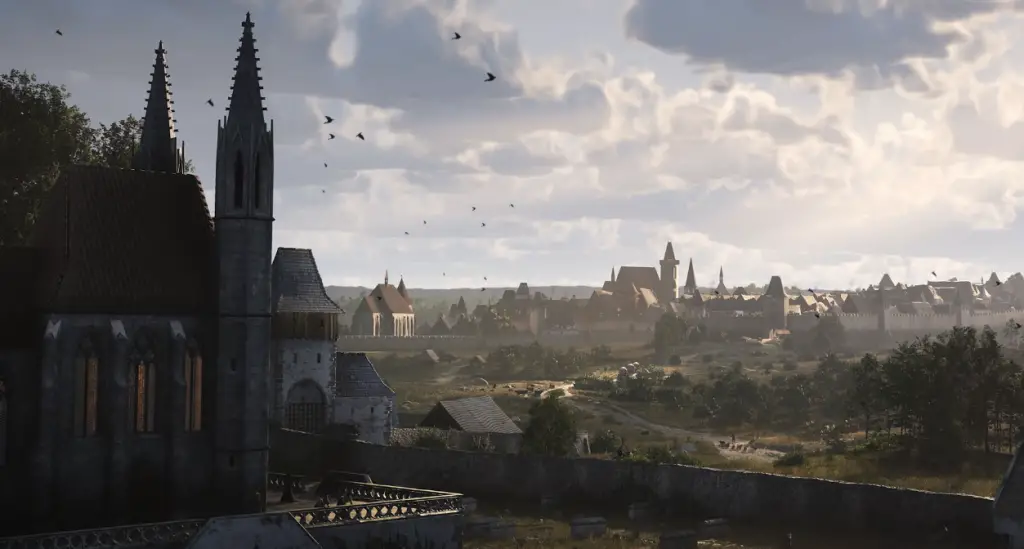
The question asks about a “creative workflow” – well, I did my best but now I’m not sure if I actually answered that! If not, here’s one last thing: if you compose, it goes either the easy way or the hard way. The easy way is: a theme or some other musical idea comes into your mind somehow, out of nowhere (I like to think it’s from above) – and you instantly know it’s good. This happens more often when you don’t work and let your head spinning on its own. But it doesn’t happen with a finger snap, so I don’t rely on it.
If no such inspiration appears, the hard way takes over: you sit, you start with the first tone; you add couple more; you check whether these work together; if not, you change some of them; if yes, you add a bit more new tones. Repeat that – and music starts to exist. (Of course the real composing work is a bit more complex than that but actually that’s the way it happens.)
I believe that to be a professional music composer means: you do deliver. Always, no matter what. Hence, the hard way rules!
What role did live instrumentation play in this soundtrack? Did you work with any unique or rare medieval instruments?
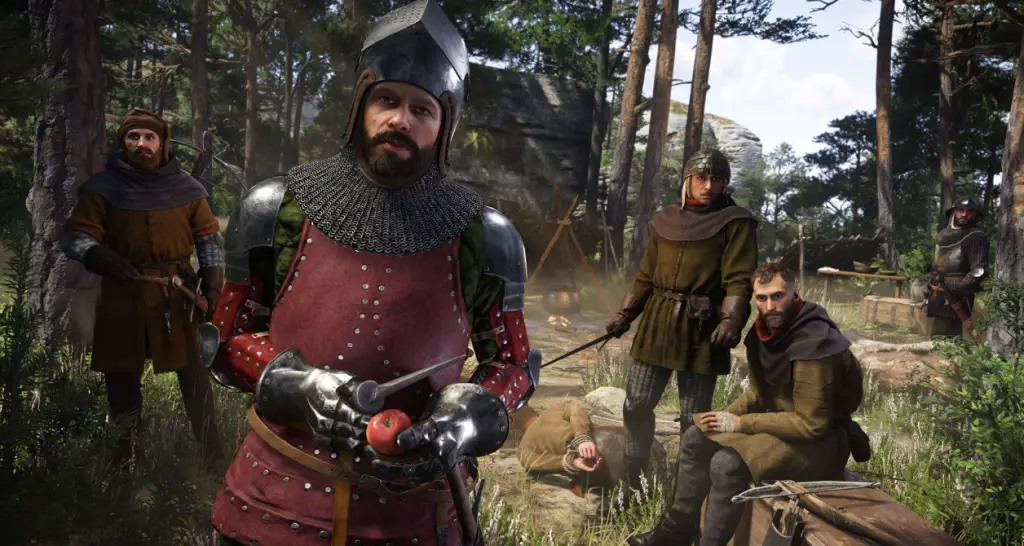
My colleague Adam used live medieval instruments for some of his tracks (actually he played quite some himself); I relied on samples. But for some specific cutscenes, I used elements such as string quartet, female vocal and child’s voice. As I said in the first question, I added the medieval feel into the pot through specific composing rules; adding medieval instruments is of course a great idea (and surely the first one everone – including me – would come up with) but often it’s just a seasoning, a cherry on the top. The real music happens within: phrase building, voice leading, chords progression, work with rhythm and instrumentation… Simply, work.
Finally, what’s one thing about the Kingdom Come: Deliverance 2 soundtrack that you’re most proud of and can’t wait for players to experience?
As our beloved Luke Dale said in our Announcement Video in April: KCD2 is a behemoth of a game. Similarly, this is a behemoth of a soundtrack: come on, 400 tracks, over 10 hours of original music?!? But despite its size and scope and complexity: every single track was done with care and with love. You bet the same goes for every single thing we have in the game itself! And I believe our fantastic fans as well as new players will feel this. If music will help build that feeling, I’ll be proud as a peacock.
The post Kingdom Come Deliverance 2 Soundtrack: An Exclusive Interview With Composer Jan Valta appeared first on Magnetic Magazine.



